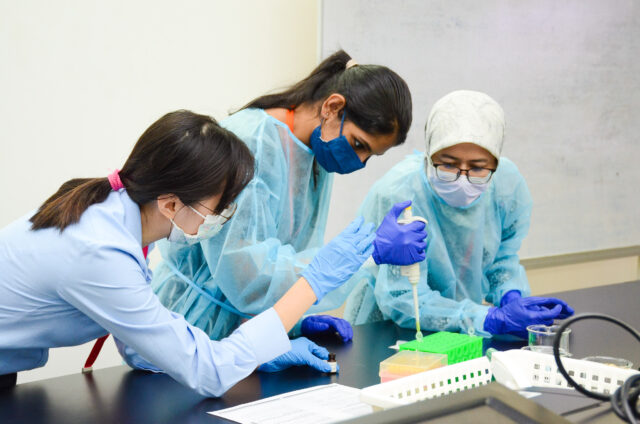By 2050, approximately a quarter of the UK population is expected to be over the age of 65. With this in mind, the World Health Organization (WHO) has put “healthy ageing”…Read More >
Diet
Microgreens: the health-giving shoots explained
Many of us germinated cress seeds on a bit of wet tissue at primary school, giving us a first introduction to edible microgreens. Recent interest in more diverse ways of…Read More >
Flavanols are linked to better memory and heart health – here’s what foods you can eat to get these benefits
Why we need dietary recommendations for bioactives
In this blog, Gunter Kuhnle explains more about the first dietary recommendation for a type of plant compound that is not a vitamin – flavan-3-ols – found in tea, berries,…Read More >
Eating lots of meat is bad for the environment – but we don’t know enough about how consumption is changing
Responsible for roughly a third of the UK’s diet-related carbon emissions, the consumption and production of meat is a substantial contributor to climate change. A report commissioned by the government last year…Read More >
Tackling the obesity and non-communicable diseases epidemic in Malaysia
The World Population Review 2019 identified Malaysia as the fattest nation in South-East Asia. The percentage of obese and overweight adults in Malaysia increased from 50.1% in 2019 to 54.2%…Read More >
eNutri, web-based app testing project
We are seeking people aged 65 years or older to help us test eNutri, a Web-based app that aims to record accurate information about what people eat and drink. You…Read More >
Consumption of insect-based food products
This survey forms part of a research study within Food and Nutritional Sciences at the University of Reading. The aim is to investigate consumer perception of insect-based food products. Follow…Read More >






